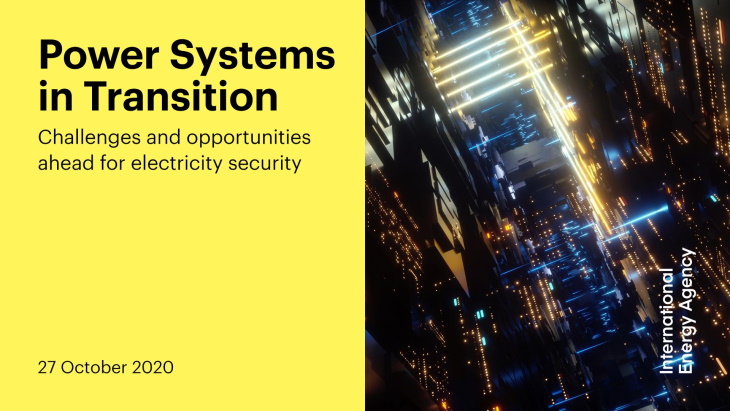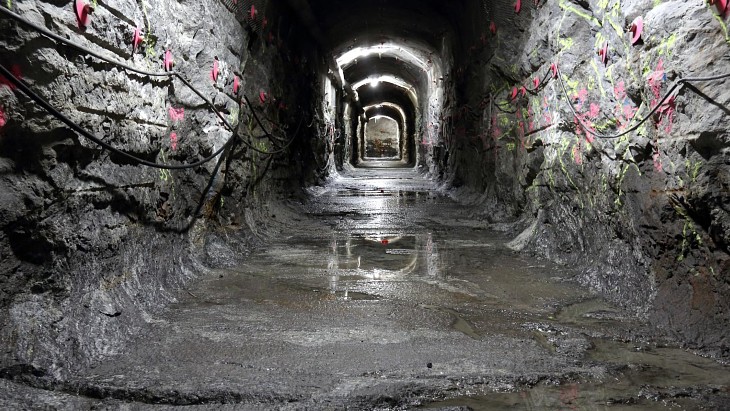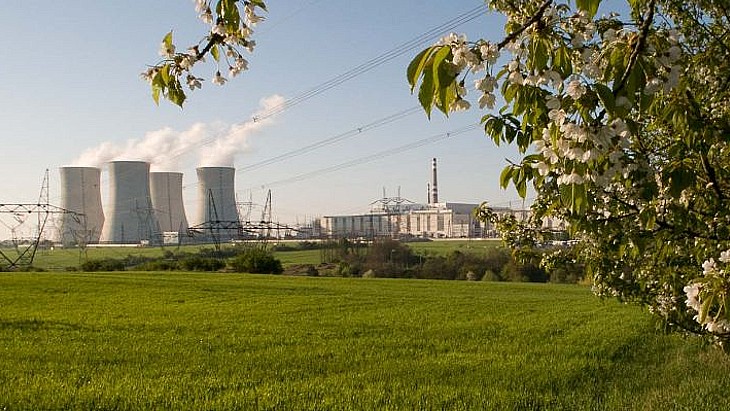Power Systems in Transition was launched yesterday at the 2nd Global Ministerial Conference on System Integration of Renewables, an event co-hosted by the IEA and the Singapore government. It examines in depth the key areas for the future of electricity security, and makes recommendations on how to address them while supporting the acceleration of clean energy transitions globally.
"Energy security is at the heart of the IEA's mission because it is critical for social wellbeing, economic prosperity and successful clean energy transitions. We are dedicated to helping countries around the world ensure that all their citizens have access to clean, reliable and affordable energy," said IEA Executive Director Fatih Birol. "Electricity is essential for the functioning of modern societies - as the COVID-19 crisis has highlighted - and for bringing down global emissions. This is why we are continuing to expand and deepen our work on electricity security."
Electricity accounts for one-fifth of global energy consumption, and that share is rising, the IEA said. Centrally controlled systems, relatively simple supply chains, and power plants that can supply electricity whenever needed underpin the electricity security enjoyed by many countries today, but recent technology and policy developments, including falling costs of variable renewables, trends towards decentralisation and digitalisation, and the impacts of climate change, are now radically changing the sector. Governments and utilities will need to update policies, regulations and market designs to ensure power systems remain secure through clean energy transitions.
An essential goal will be to make systems more flexible to accommodate variable solar and wind generation, the IEA said. "Making the best use of existing flexibility assets and ensuring these are kept when needed should be a policy priority. This will require market and regulatory reforms to better reward all forms of flexibility as well as careful adequacy assessments of the impact of decommissioning plans of dispatchable supplies," the report notes.
New additional flexibility resources need to develop in parallel with expanding solar and wind, and increased investments are needed in grids and other sources of flexibility such as demand-side technologies and storage resources. However, global investment in these areas is declining and that trend has been exacerbated by COVID-19, the IEA said.
"New technologies like storage, VRE [variable renewable energy] and electric vehicles will change our concept of security of supply," the report notes. Expanding variable renewable deployment and ramping up innovation efforts, it says, are "no-regret actions that are essential to steer our energy trajectory onto a sustainable and secure future path" but governments should in parallel "make maximum effort to securing diversity in their low-carbon power generation mix" by considering measures including maintaining existing nuclear capacity by lifetime extensions and continuing research into new technologies such as small modular reactors.
A technology-neutral approach should be adopted in policy measures to establish a low-carbon electricity system, it says.
"The IEA is the world's energy authority where governments and industry leaders can share experiences and expertise to help move the world towards a more secure and sustainable energy future," Birol said. "This report is the reference manual for policy-making on electricity security now and for years to come."







_53514_33880.jpg)






